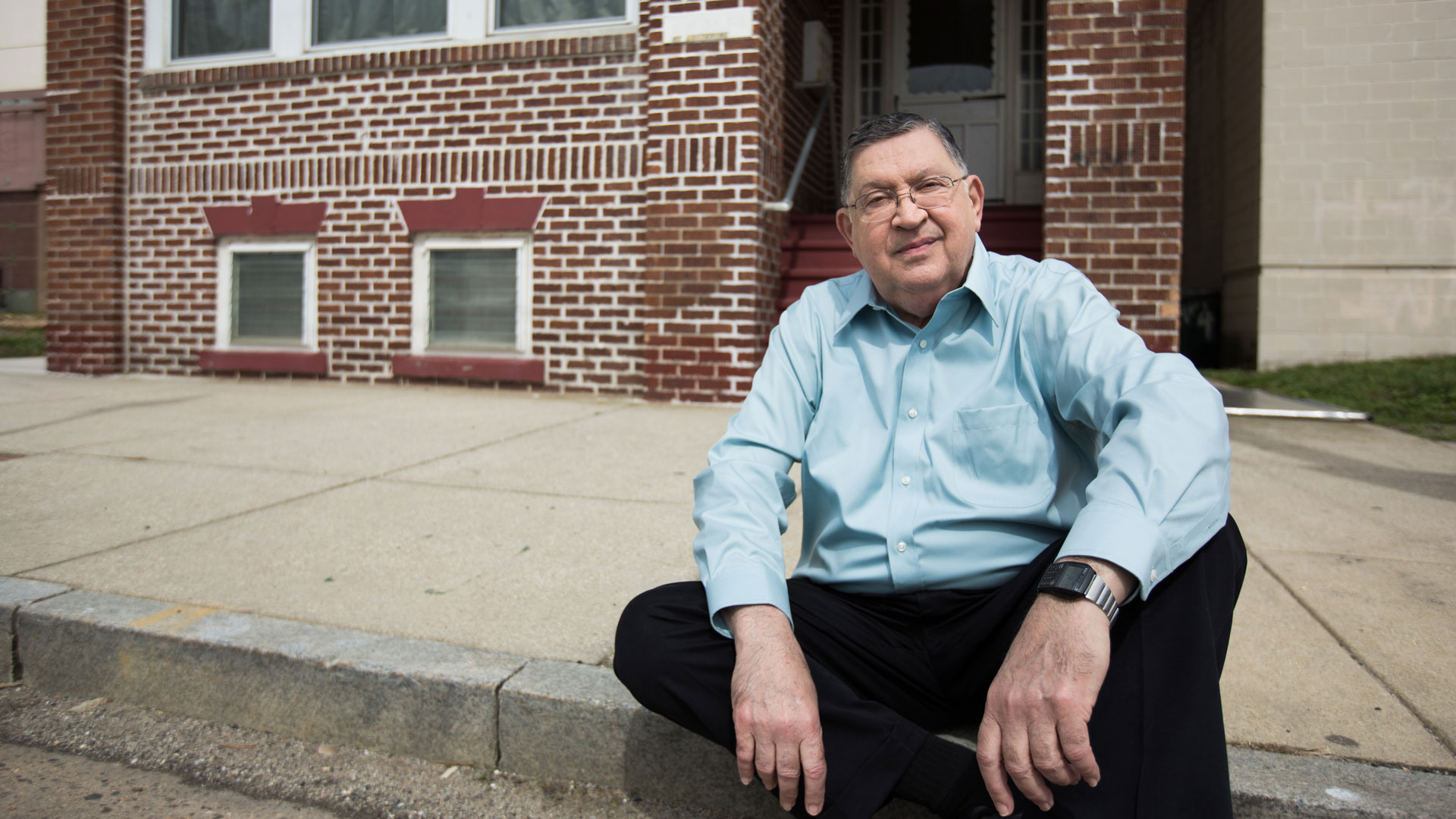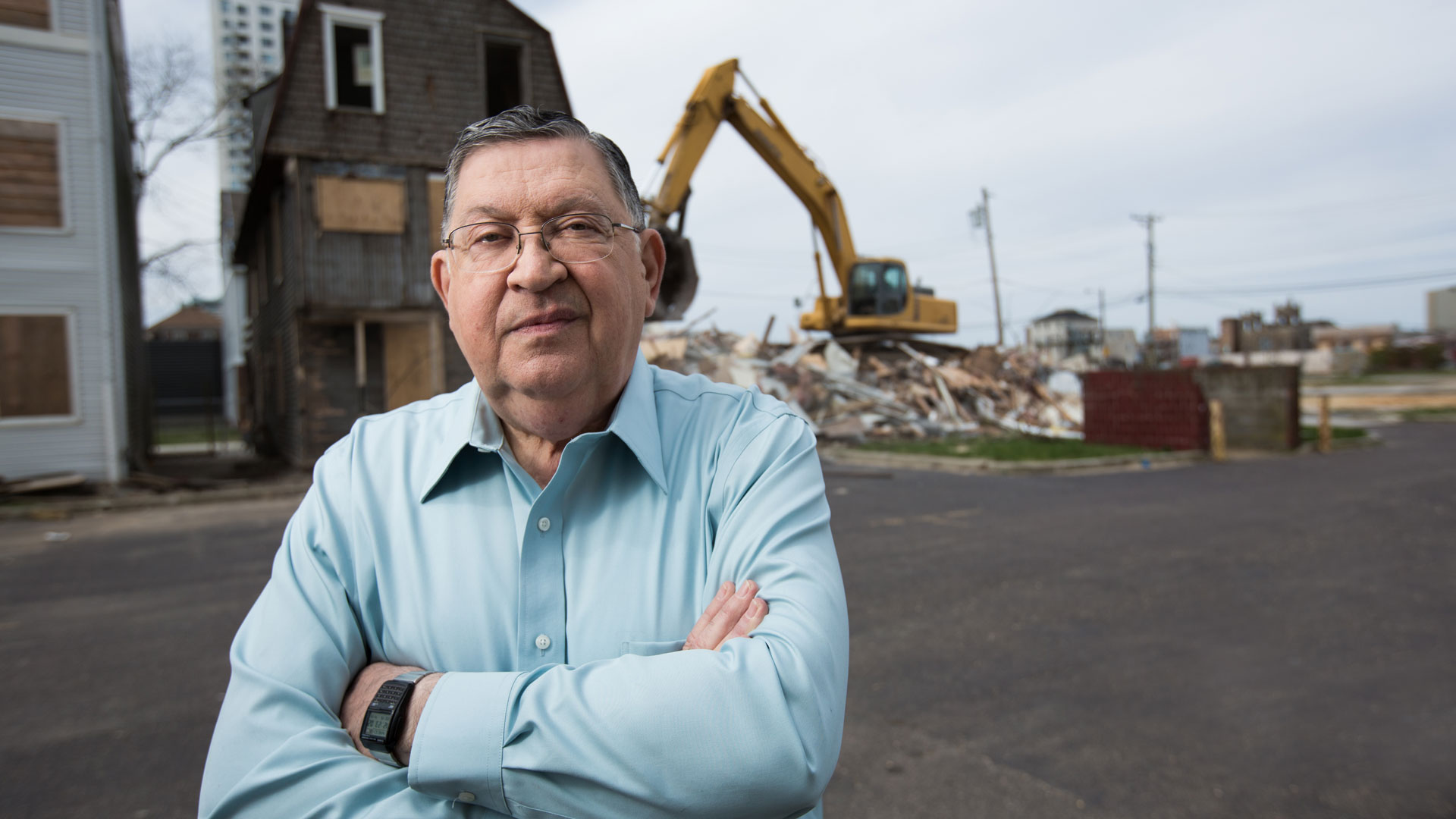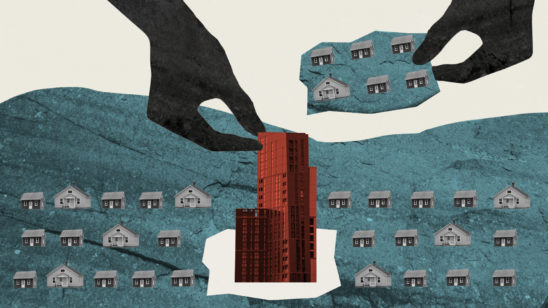In 2012, Charlie Birnbaum was given three minutes to petition the court on why it was wrong for the government to take his home. He wasn’t a lawyer who had a convincing argument prepared to win over the judge. Instead, he delivered an emotional plea, saying “I just want to bring a face to the picture of this home. You’re destroying over 46 years of history.”
Nearly fifty years ago, Charlie’s parents emigrated to the United States, where their first purchase was a charming, three-story house in Atlantic City, New Jersey. Sixty-seven-year old Charlie still occupies the house, where he runs a successful piano tuning business, and houses two elderly tenants in the top two floors. That was threatened when the New Jersey Casino Reinvestment Development Authority (CRDA) told Charlie that officials were going to seize his property to support a nearby casino. To the Birnbaums, the house represented the“fulfillment of the American dream”—it was the place where Charlie proposed to his wife and where his children would visit their grandparents. Now the government was trying to take all that away.
In 2012, the CRDA offered Charlie $237,000 for 311 Oriental Avenue, but he declined. The “fair-market value” that the CDRA offered didn’t take into account the sentimental value of the home. Faced with a difficult decision, Charlie decided that he could not put a price on his memories or the legacy established by his parents, now deceased. But the CRDA persisted. To make matters worse, Charlie wasn’t even given a formal notification from the local government that his house was going to be seized. A friend called to tell Charlie, who was on a fishing trip, what they were planning on doing. The newspaper article his friend spotted flatly reported, “CRDA to seize Birnbaum house.” They did not even have the courtesy to let him know ahead of time.
Eminent domain allows the government to seize private property without the owner’s consent for “public use.” Public use might mean the expansion of a roadway, the construction of a school, or, as in Charlie Birnbaum’s case, the creation of a condo complex to support a failed casino.
Confused? Just imagine what Charlie was experiencing.

Traditionally used to support public infrastructure projects, eminent domain has recently been used by state governments across the country to redistribute private property to special interests. The Revel was a nearby New Jersey casino that had recently filed Chapter 11 bankruptcy, even after it was awarded $250 million in taxpayer dollars over the years. The CRDA wanted to use the land that Charlie’s house occupied for a building to support the casino–the problem was they didn’t know how they’d use it. Three years after trying to buy Charlie’s home, the casino is closed permanently, but the CRDA has not stopped trying to evict him.
Here’s the bottom line: Property owners should never be compelled to sell an asset they legally own, especially when the beneficiaries are private companies who are colluding with government to make a profit. That is the definition of tyranny.
After a lengthy legal battle, the Atlantic County Superior Court ruled in favor of the CRDA, and it seemed like Charlie was out of luck.
That’s when Charlie contacted the nonprofit public interest law firm the Institute for Justice (IJ). Charlie would be forced to spend another few years fighting against a powerful government agency, but there was hope that in the end, he might keep his house.
In 2016, the Superior Court reversed course after being asked to reconsider their initial ruling. They decided that the attempt to seize Charlie’s property was “abuse of the eminent domain power” and dismissed the seizure for good.
No person should be forced out of their home or business if they do not consent. Unfortunately, thousands of people across the nation aren’t as lucky as Charlie. “I’ve realized that this is not just my victory. I can share this with anyone who is facing unjustified government action. If Charlie Birnbaum can win against the state of New Jersey, then there’s hope for anybody. It’s a legacy I can pass down to my children,” Charlie said after winning his case.

